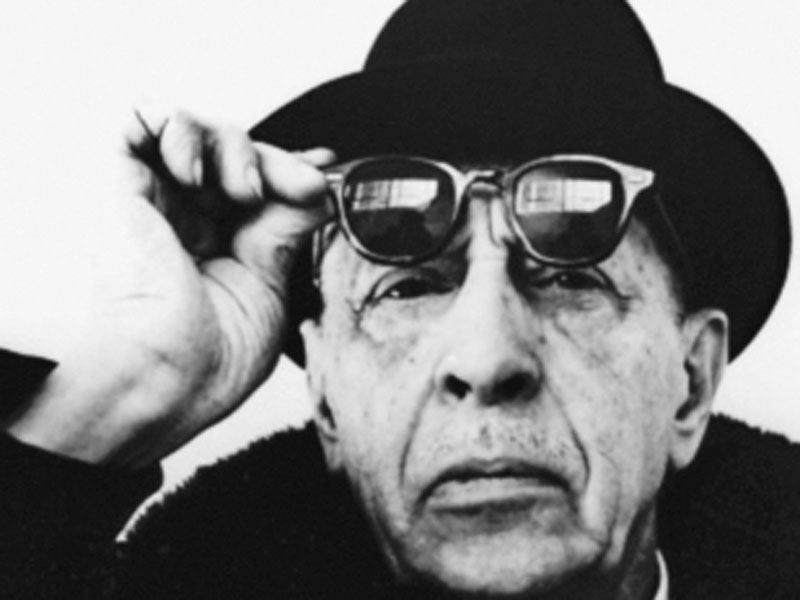Let us take pause for a moment and consider what may be the most important, and most missed point that Obama made during his visit to the Jay Leno show the other day: Obama views the Occupy Wall Street Movement as being equivalent to the Tea Party.
To wit quoth the President:
The reality of course is that Occupy Wall Street is that it is the first nominally leftist protest movement in a while, and has still yet to find it's principle cause, however is a means of for a lot of people who have been divested of a real future of systematic economic and social corruption to express their problems with that system. It is a form of political civil society in the vain of John Stuart Mill and with strong academic roots. The Tea Party meanwhile are a bunch of wealthy and middle income white people who want to pretend they are an aggrieved minority and drive back what little is left of the social state to satisfy their own short-term interests.
I know it's an election cycle and all, but come on Obama, you can at least pretend to be part of the left.
To wit quoth the President:
Look, people are frustrated. And that frustration expresses itself in a lot of different ways. It expressed itself in the Tea Party, it's expressing itself in Occupy Wall Street ... Everybody needs to understand that the American people feel that no one is looking out for them right now.So basically, both are manifestations of frustration - but in painting them with the same broad stroke it reinforces with a false extremist left vs extremist right dichotomy.
The reality of course is that Occupy Wall Street is that it is the first nominally leftist protest movement in a while, and has still yet to find it's principle cause, however is a means of for a lot of people who have been divested of a real future of systematic economic and social corruption to express their problems with that system. It is a form of political civil society in the vain of John Stuart Mill and with strong academic roots. The Tea Party meanwhile are a bunch of wealthy and middle income white people who want to pretend they are an aggrieved minority and drive back what little is left of the social state to satisfy their own short-term interests.
I know it's an election cycle and all, but come on Obama, you can at least pretend to be part of the left.
